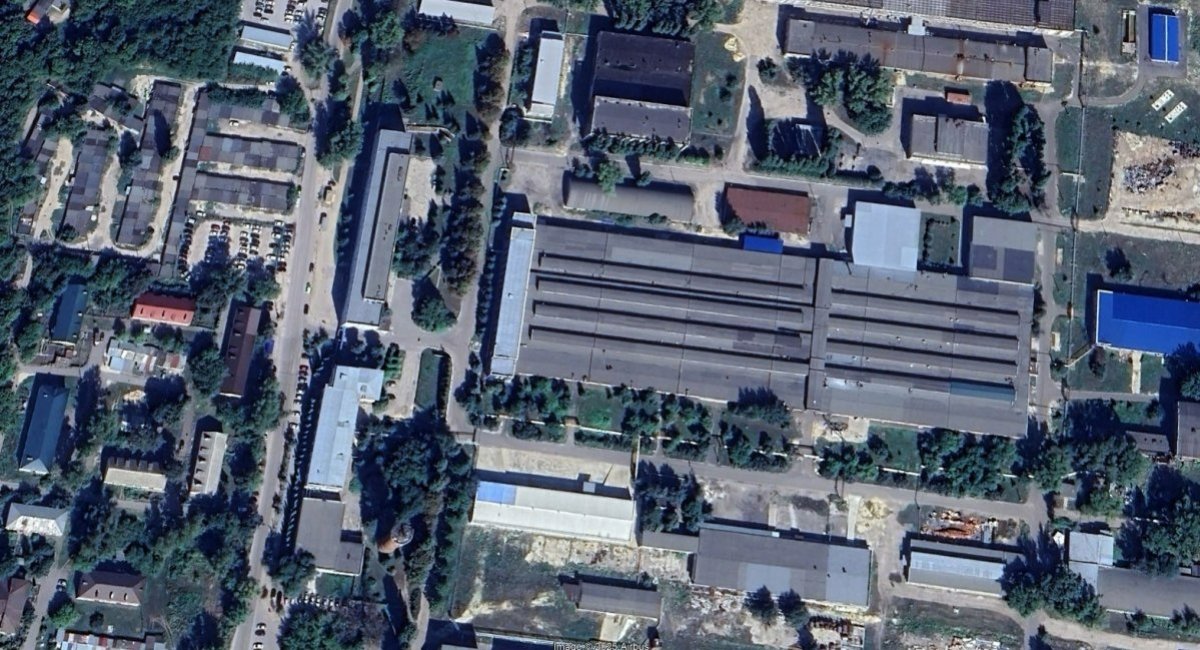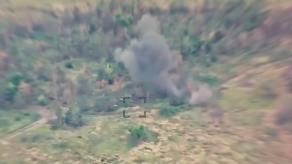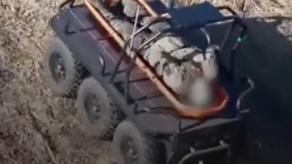Ukraine continues its successful deepstrike campaign against russian military industries: the next target of long-range attack drones on the July 3 night was the Energiya plant in Yelets. This facility coming under attack was confirmed by regional authorities and videos from the site filmed and shared by locals.
While details remain few, a fire is reported on the territory of the enterprise and the evacuation of its employees.
Read more: Ukraine's Strike on Energiya Plant as the Counter to russian Glide Bombs and Reflection of WW2 Tactics
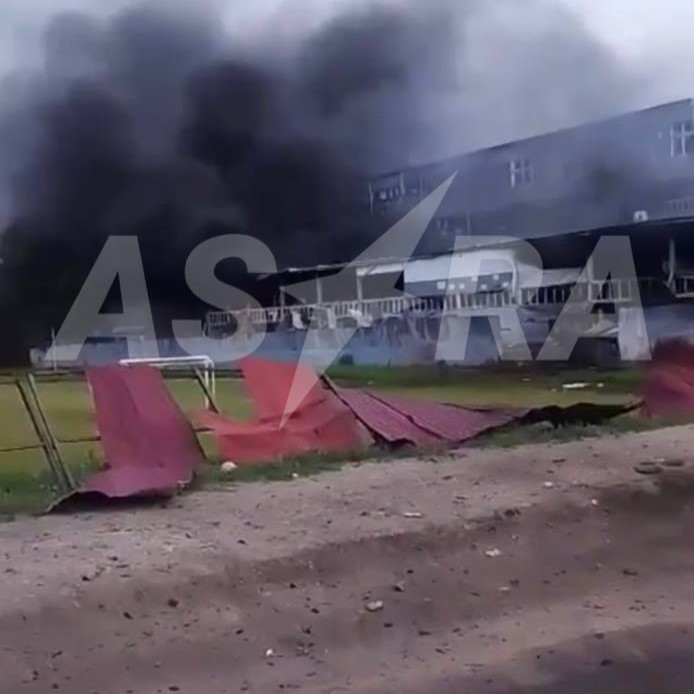
However, more interesting is that the Energiya plant, despite having a relatively low profile, is becoming the target of a Ukrainian attack for the second time now. The previous strike was carried out on the night of May 23, i.e. a little over a month ago. This suggests that the enterprise in Yelets is quite important for the russian military machine and produces some key products.
The explanation is on the surface. The Defense Intelligence of Ukraine has already outlined the plant's importance, particularly citing the fact Energiya "produces chemical power supplies for the universal planning and correction modules (UPCM) of russian aircraft bombs." Also known under their russian designation, the UMPK, the module is a kit for turning a free-falling bomb into a precision-guided weapon with significantly extended standoff range.
In other words, disrupting the operations of this industrial facility directly impacts the rates of producing these improvised glide bombs in russia. The component it supplies for UMPK modules, must be noted, is not quite ordinary: it provides power for the powerful and hence energy-intensive servo drives of the kit's control system and all the electronics.
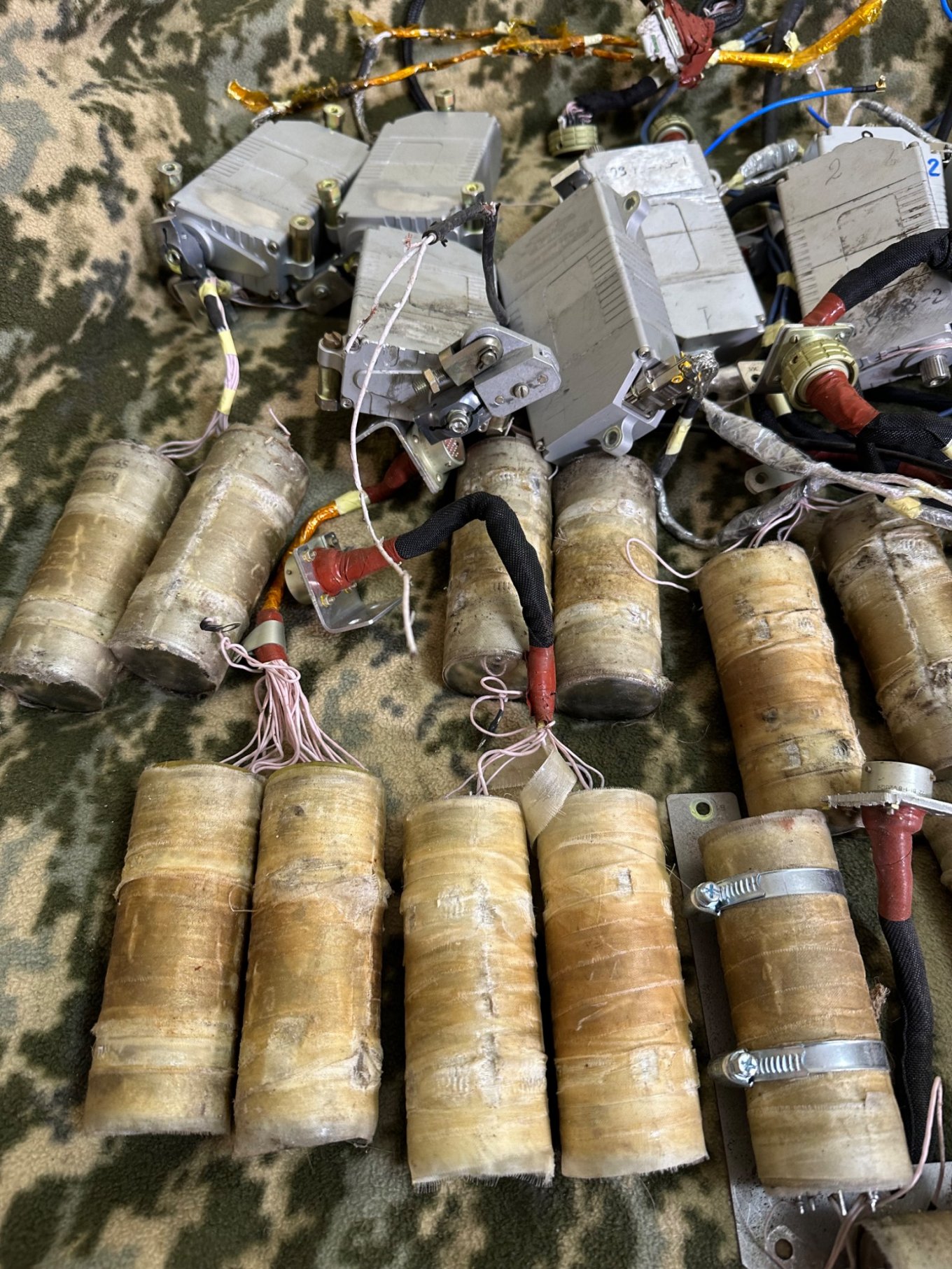
Earlier, Defense Express pointed out that deliberate targeting of Energiya could be a direct counter to russian glide bombs and a reflection of WW2 tactics, where the Coalition tried bombing bearing factories as the bottleneck of the German military-industrial complex.
Read more: Ukraine’s Liutyi Drones Halt Shahed Production at russia’s Kupol Plant in Izhevsk



